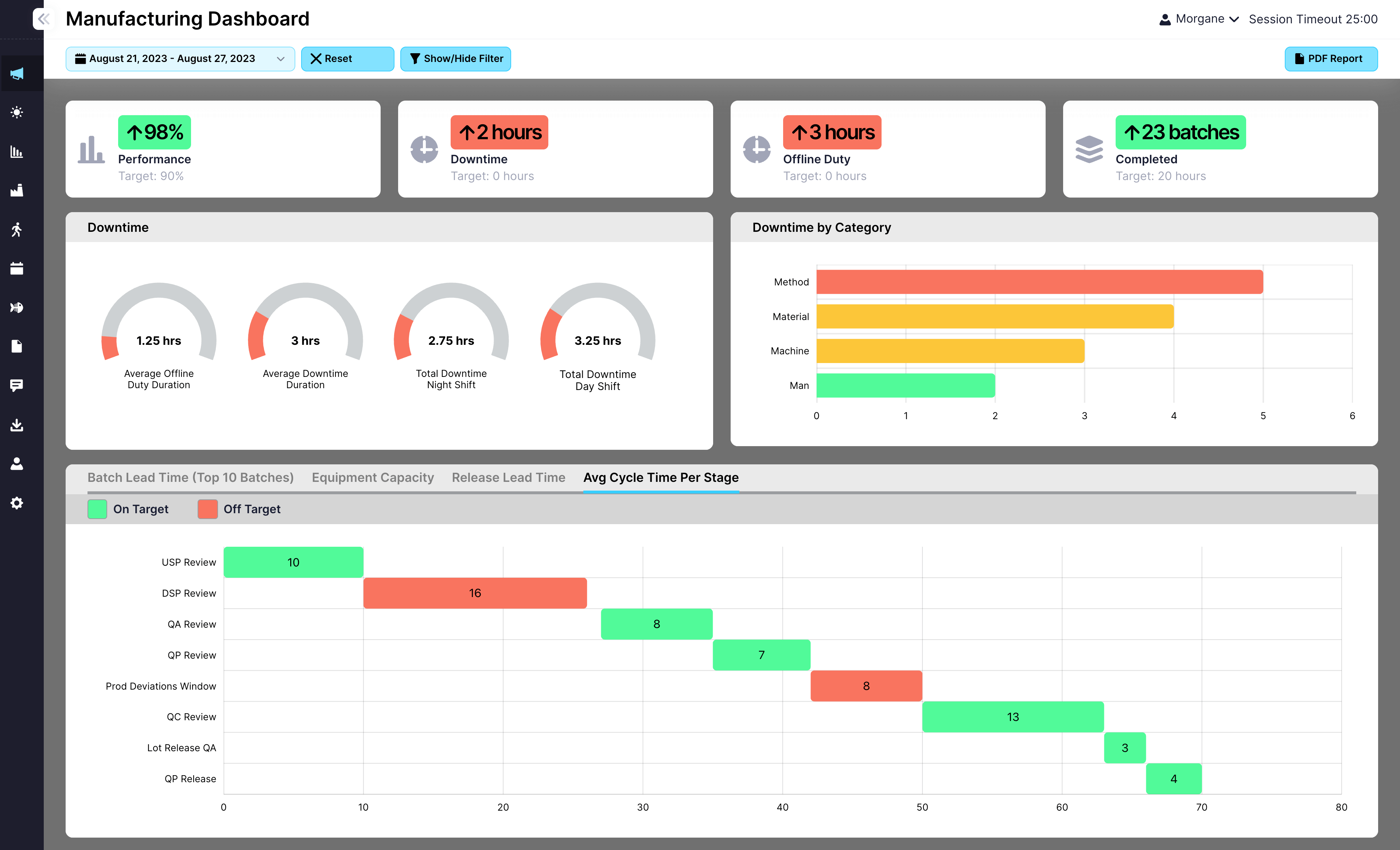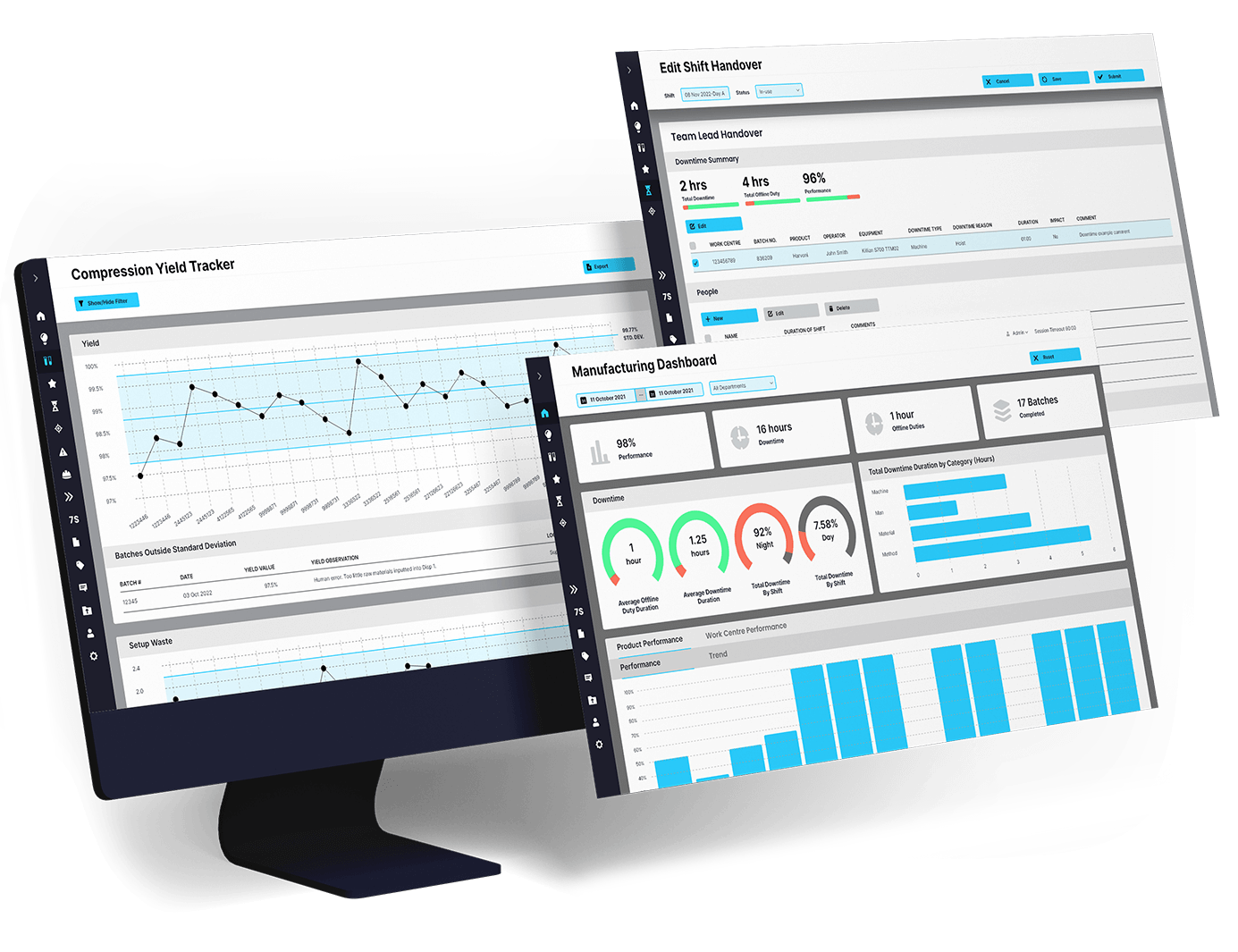
EviView transforms safety observations from passive reporting into active operational control. Observations are completed as part of daily routines, logged with context, and routed immediately for follow-up. With EviView, safety observations become visible, accountable, and built into how your team works—every shift, every site.
Request a DemoSafety observations in EviView are embedded into structured shift tasks—so they’re captured where the work happens. Whether part of an EHS walk, daily start-up, or leadership round, observations are recorded in real time with all the details needed for fast follow-up.
Complete safety observation forms on any device
Include location, shift, image, and category data
Trigger workflows based on observation type or severity
Monitor follow-up status directly from the same platform
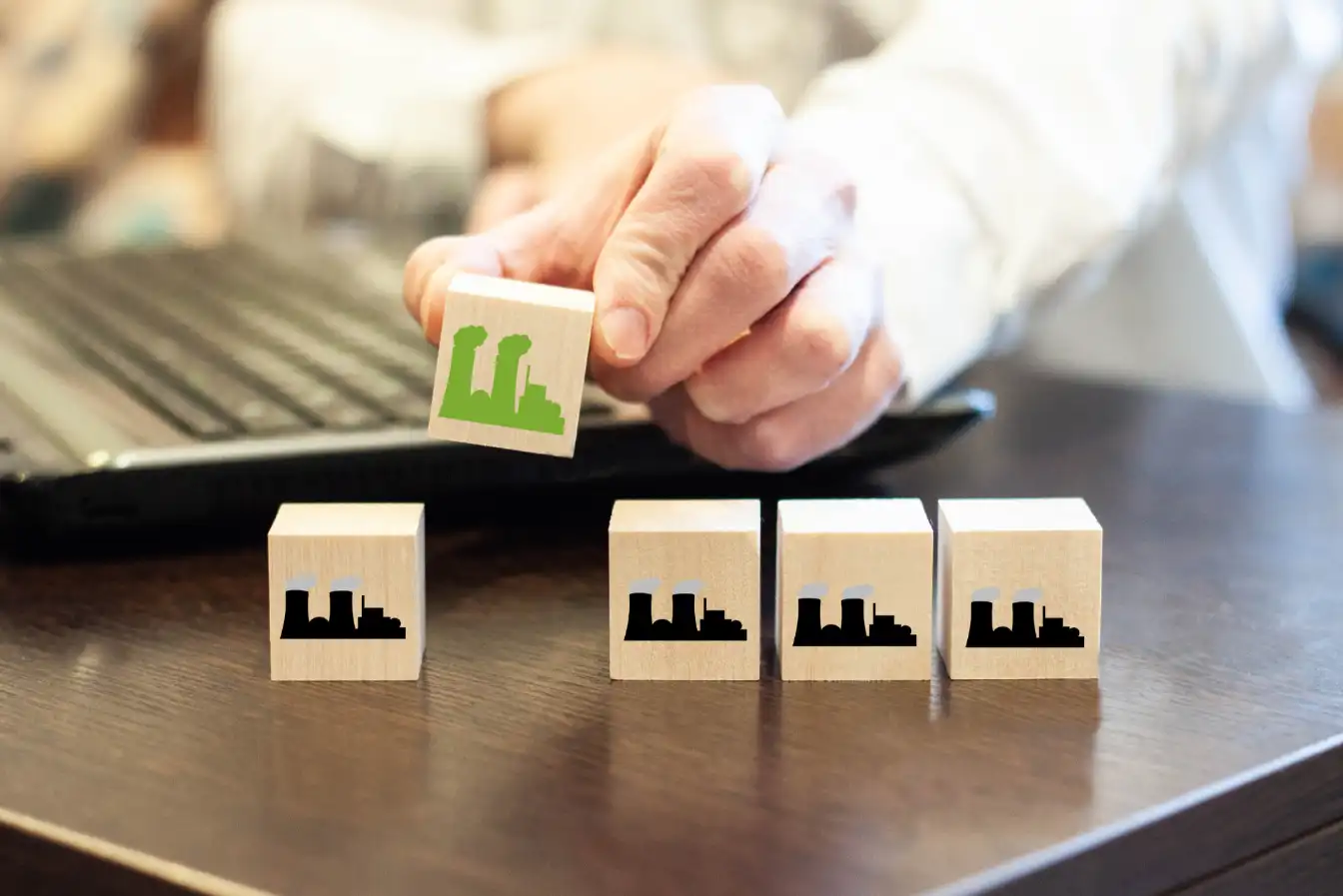
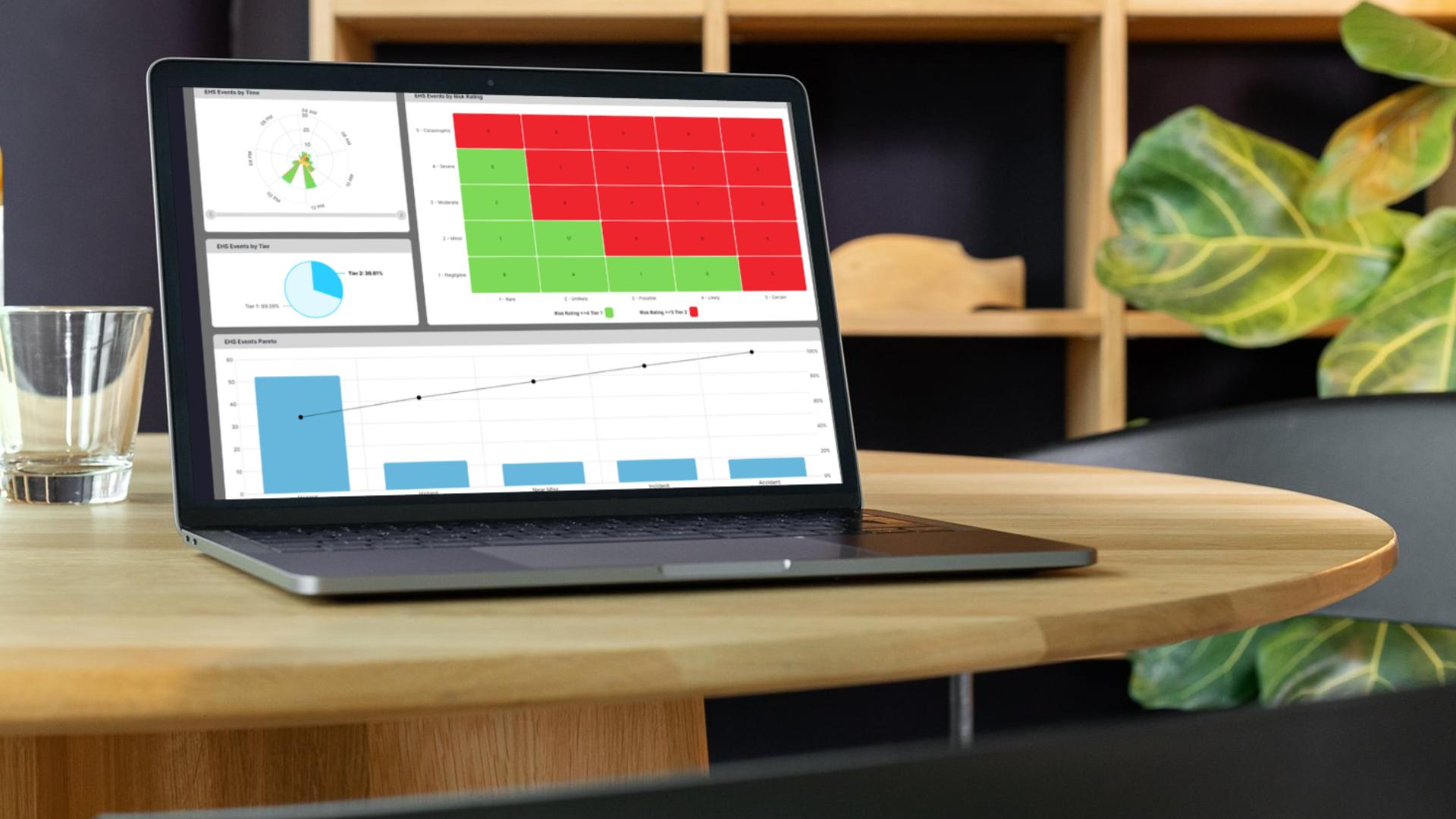
No more waiting or lost reports—observations move straight to the right person. Every follow-up is tracked with timestamps, ensuring nothing slips through the cracks.
Every open observation is tracked across shifts and sites, with escalation if missed. Leaders can see what’s been flagged, resolved, or ignored—all in one view.
Each entry is automatically time-stamped, categorized, and linked to resolution. This creates an audit-ready record that supports compliance and accountability reviews.
Observations are part of a verified routine, not a manual side task. Safety checks are no longer skipped or forgotten—they're completed, reviewed, and verified daily.
When safety observations are standardized and digital, teams stop logging issues on paper and start acting on them with speed and clarity. EviView assigns each observation to an owner, tracks whether it was addressed, and gives EHS leads real-time visibility into open or escalating risks. Teams get accountability. Leaders get insight. And safety actions actually get done. It also enables trend analysis over time—helping identify recurring risks or blind spots. Observations are no longer passive logs—they become operational signals that drive preventive action.
Safety observations in EviView are built into daily routines and linked to KPIs, audits, and follow-ups. Integrated with EHS, MES, or QMS systems, observations feed dashboards and escalation paths in real time, no extra tools needed. Teams get clear visibility, faster response, and consistent reporting across shifts, sites, and leadership levels. The result is a safer, more accountable operation—powered by real-time data.
Request a Demo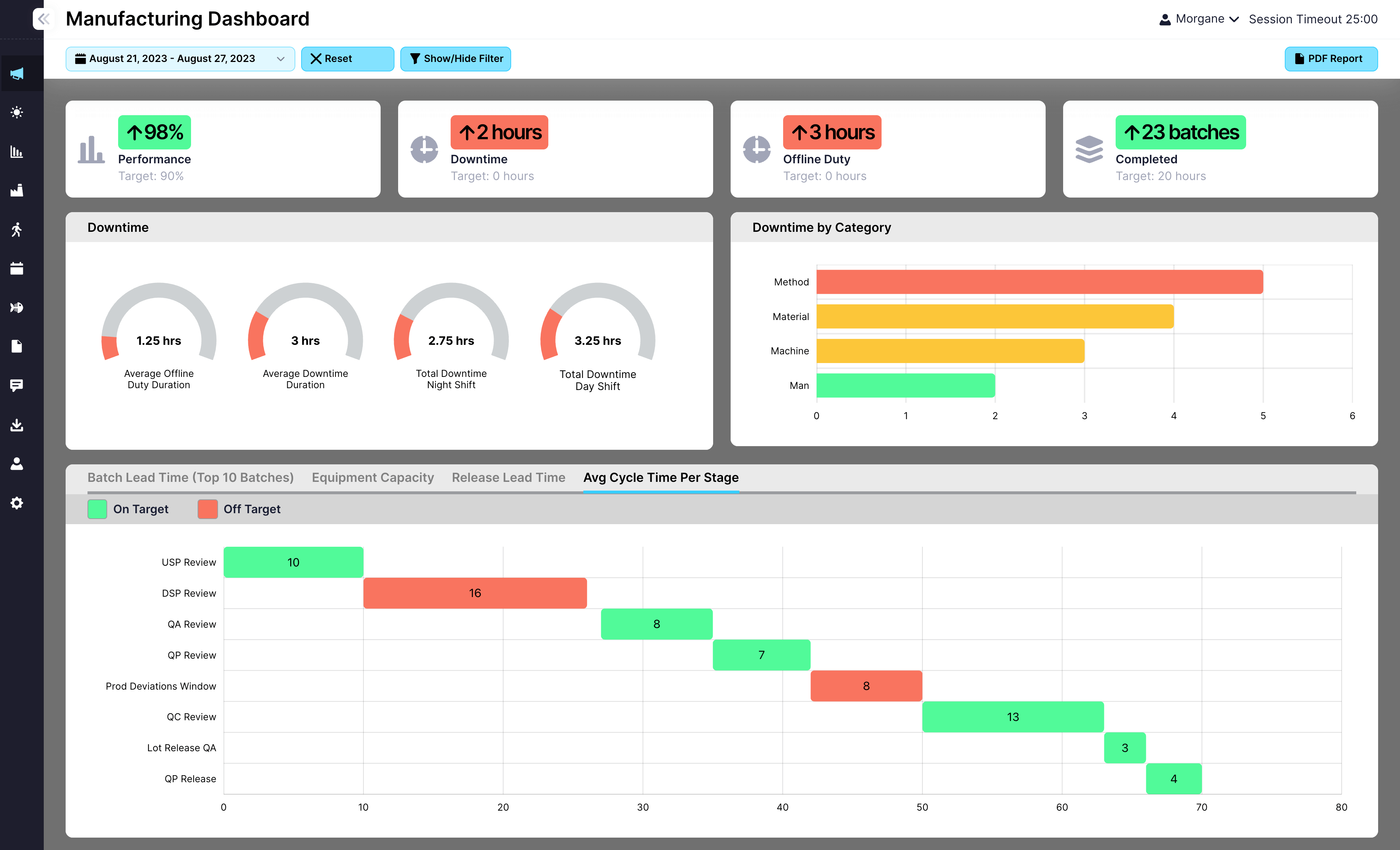
With EviView, safety observations happen in real time—on the floor, during the shift. Teams log issues, follow up quickly, and track what gets resolved. It’s simple, visible, and built into daily routines.
Here’s how leading teams are using EviView to improve safety execution and accountability.

EviView’s Digital Daily Management System has been transformative for Merck. By streamlining shift handovers, centralizing data, and integrating with SAP and Palantir Data Lake, we’ve reduced downtime by 30% and saved €66,000 annually. The system has boosted visibility, improved communication, and increased safety incident reporting by 300%, fostering a culture of continuous improvement and positioning us for long-term success.

Pharmaceutical Company, US
Head of Digitalisation and Strategy

I worked with EviView on an electronic handover project. Their team was very knowledgeable, took time to ensure all stakeholders were kept up to date with the progress of the project, and was always available to give advice on system usage during implementation.

Bio-Pharma Company, US
Manufacturing Team Lead

Karol's team delivered a highly successful change management and digital transformation project. His structured approach, detailed analysis, and process-driven methodology have been invaluable on every project. EviView's understanding of business, IT, operations, and budgetary needs is unmatched.

Top 5 Pharma Manufacturer, EU
Senior Manager of Engineering & Maintenance
Every observation logged in EviView updates live dashboards, making safety performance measurable, not just recorded. You can spot repeat issues, track resolution speed, and identify gaps across shifts or sites. Data from the floor flows into reports that help EHS leads prioritize risks and take action, without relying on spreadsheets or disconnected reporting systems.
